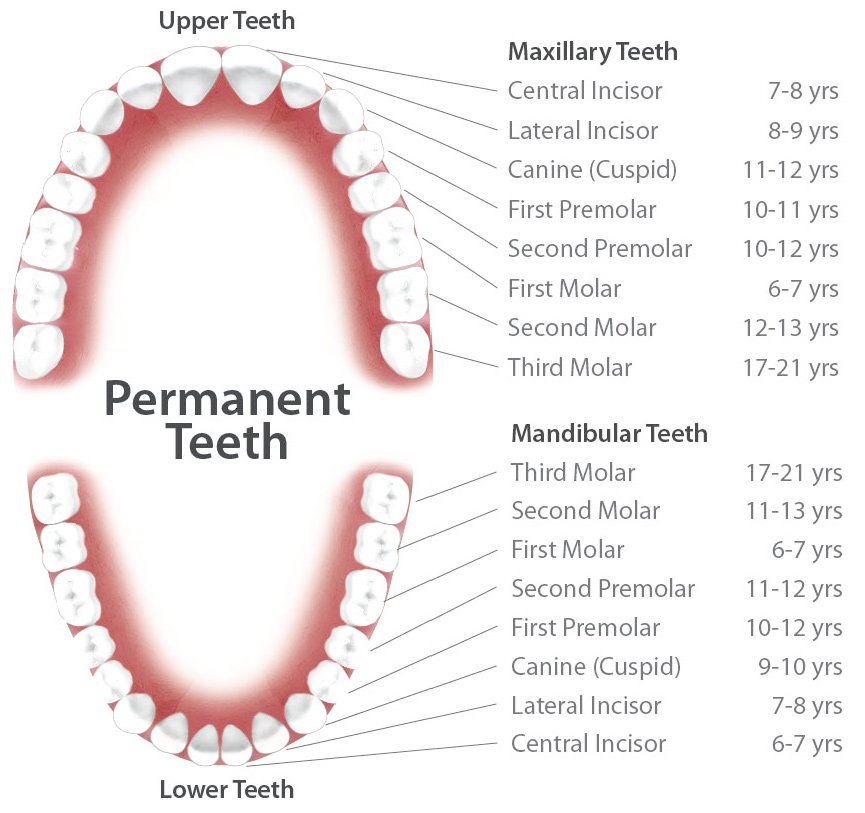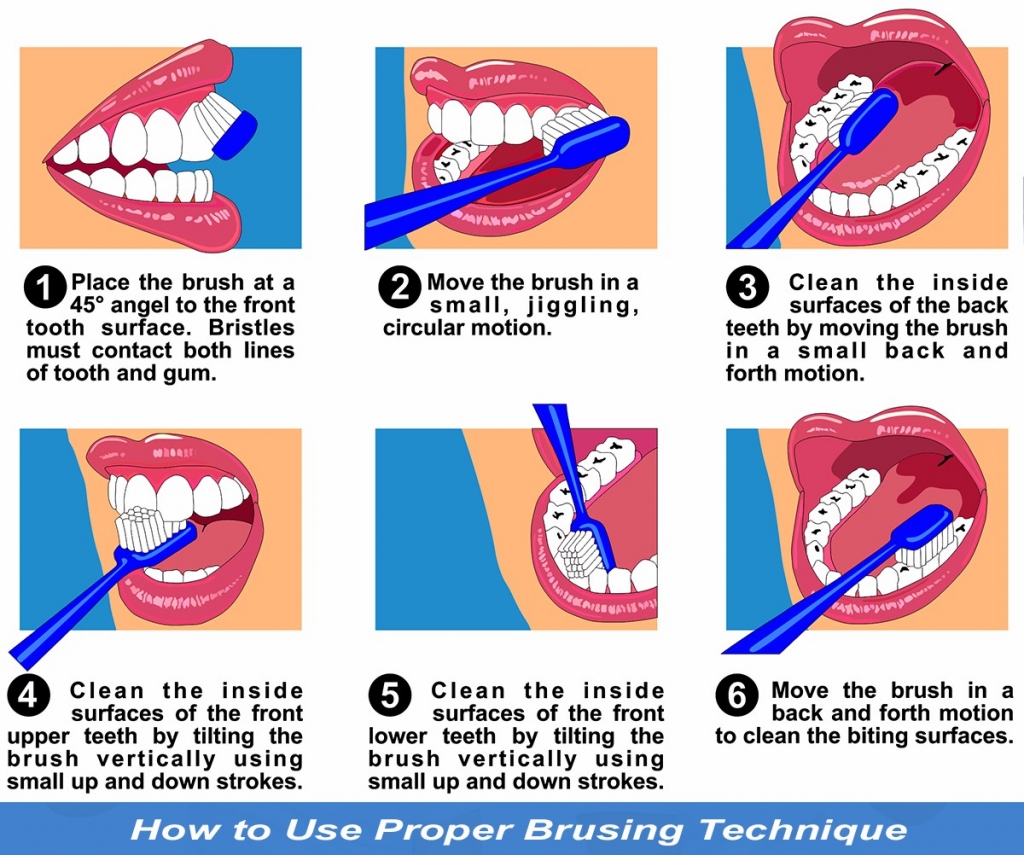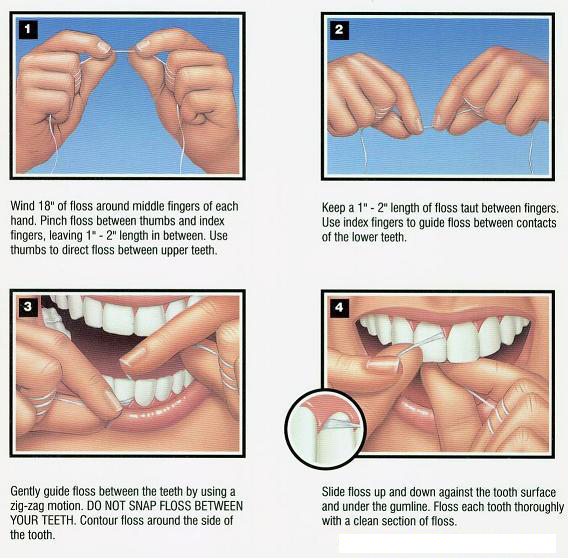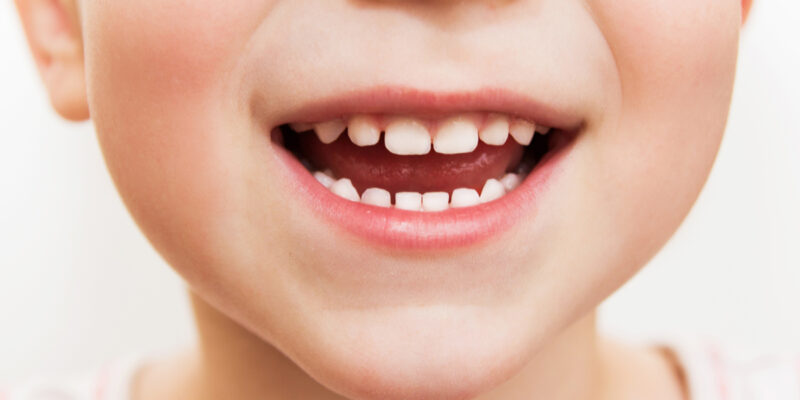In this Article:
- When to expect your child’s adult teeth to come in
- Why it’s important to clean your child’s teeth every day
- Why fluoride is important for your child’s teeth
- What makes a bad bite bad and when treatment is recommended
- Why a mouth guard is a good investment in your child’s oral health
Between the ages of 6 and 12, children go through a lot of changes. These include changes to their faces, teeth and jaws. Over time, your child’s baby teeth are replaced by adult teeth. A 6 to 12 year old child has both baby and adult teeth. Together, they help children eat, speak and smile. It is important to find a General Dentist who treats Children in South Jersey.
At about age 5 or 6, children begin to lose their bottom and top front teeth. By age 12, they will usually lose the last of their 20 baby teeth.
Their first adult, or permanent, teeth usually come in (erupt) between ages 6 and 7. The first adult teeth to come in are the molars, in the back of the mouth. They have flat surfaces that are especially good for chewing through foods, like meat. It is important to take good care of them because they are meant to last a lifetime.
By the time your child is 12 to 14 years old, they usually have all of their adult teeth except their wisdom teeth. But, not all child’s teeth may erupt earlier or later than shown in the chart below.

A healthy diet is important for your child’s teeth
A healthy diet that limits sugary beverages and snacks is good for overall well-being as well as for healthy teeth. A steady diet of sugary or acidic food and beverages can damage your child’s teeth. This includes 100% juice drinks, sports drinks, soda and energy drinks. Plaque on teeth turns the sugar in these drinks to acid. The acid attacks the hard surface of the teeth, known as enamel, and tooth decay and cavities can start to form. A cavity is a hole in the outer layer of enamel of the tooth. Cavities do not go away on their own, and must be treated by a dentist.
Having sugary beverages or snacks many times a day allows bacteria to make acid through the day. This increases the risk of getting cavities. To protect your child’s teeth from acid attacks and tooth decay, limit snacking between meals or offer nutritious options that are low in added sugar. It is important to find a General Dentist who treats Children in South Jersey to treat the entire family.
Protect teeth and prevent decay with sealants
A dental sealant is a thin plastic coating that is put on the chewing surfaces of the back teeth. The sealant material flows into the pits and grooves on those surfaces and acts like a barrier. It protects enamel by “sealing out” bacteria and bits of food that can cause tooth decay.
Nine out of then cavities children get are on their permanent back teeth> Sealants can last several years before they need to be reapplied. Ask your child’s dentist if sealants will help your child.
Cleaning your child’s teeth the right way is important
Although most children can brush their own teeth by age 6, they should still be supervised until around age 10. This helps you make sure that they are cleaning their teeth the right way. Be sure your child uses short, gentle strokes to move the brush back and forth while cleaning all areas of the teeth; the outer surfaces, inner surfaces and chewing surfaces. Show your child how to place the toothbrush at a slight angle toward the gums when brushing along the gum line Teach them to spit out all of the toothpaste after brushing.
By around age 10 or 11, most children should be able to brush their teeth without supervision. If you are not sure if your child is ready, talk to their dentist or dental hygienist.

Clean between your child’s teeth every day
Cleaning between your child’s teeth daily helps remove plaque where toothbrush bristles can’t reach. Start using floss, a floss aid or another between the teeth cleaner when your child has 2 teeth that are next to each other. Your dentist or hygienist can show you and your child how to clean between the teeth.
Cleaning between their teeth may not be easy for children to do by themselves. The ADA recommends that you clean between your child’s teeth daily until they can do it alone, around age 10 or 11.

Braces and bad bites
By the time a child is 6, a dentist can check how well their teeth are meet, known as their “bite.” A bad bite is when the teeth are crowded, crooked, or out of line, or the jaws don’t meet properly. A bad bite may be noticed as early as age 2, but it is usually seen between ages of 6 and 12, when the adult teeth are starting to come in.
Problems from a bad bite
- crooked, crowded teeth may keep the jaws from developing evenly and properly
- Some severe bad bites may cause trouble with eating and speaking
- Crooked teeth can make it more difficult to keep teeth and gums clean, which can lead to teeth decay and gum disease
- Teeth that are out of lien can be worn down faster
- A bad bite or crooked teeth may make children feel less confident about their looks.
Early treatment may help prevent a bad bite or make it less severe. The dentist checks your child’s bite at every visit, which is another reason why regular dental appointments for children are important.
Fluoride is nature’s cavity fighter
Fluoride is a natural mineral that is found in all water sources-even the ocean. Fluoride helps protect tooth enamel from the acid attacks that cause tooth decay. It also helps repair weakened enamel before cavities form.
Children who drink tap water that has the recommended level of fluoride are less likely to get cavities than children who do not drink fluoridated water. If you are not sure if your tap water has fluoride, ask your dentist.
Children get added protection from fluoride by getting it from more than on source. Other sources of fluoride include fluoride toothpastes, fluoride mouth rinses, and fluoride treatments applied in the dental office.
Prevent dental injuries
Many sports-related dental injuries can be prevented by wearing a mouth guard. Mouth guards usually cover the upper teeth and protect teeth, lips, tongue, face and jaw against injuries, so they should be worn in any activity where injury may occur. It includes non contact activities like rollerblading and gymnastics.
The best mouth guard is one that fits properly and is worn regularly. Your dentist can make a custom mouth guard that fits your child’s mouth, is comfortable and protects the jaw. You can also purchase a ready made mouth guard from a sporting goods store. If using a ready made mouth guard, look for one that has the ADA seal of acceptance. Mouth guards that have earned the ADA seal have been tested and proved to help protect the teeth and mouth from injury when used as directed.
Treating a sports related dental injury can cost thousands of dollars, so a custom made mouth guard for your child is an excellent investment!
Looking for a General Dentist who treats Children in South Jersey?
Rapha Dental treats patients of all ages including children. Call us today at 856-829-8668 or contact us to schedule an appointment!
Copy Right @ American Dental Association

